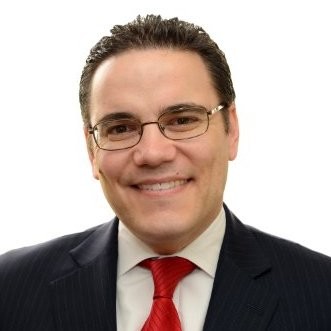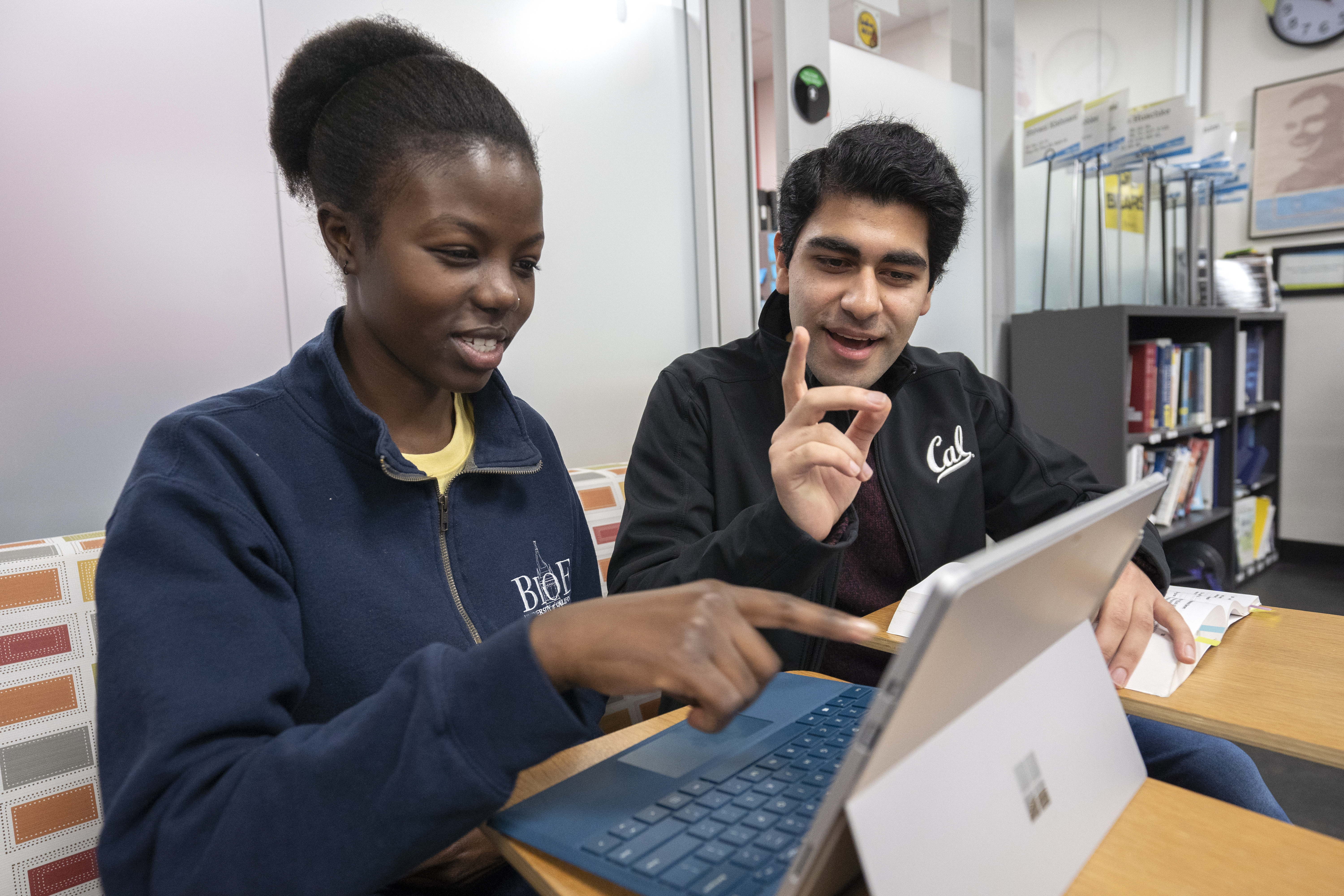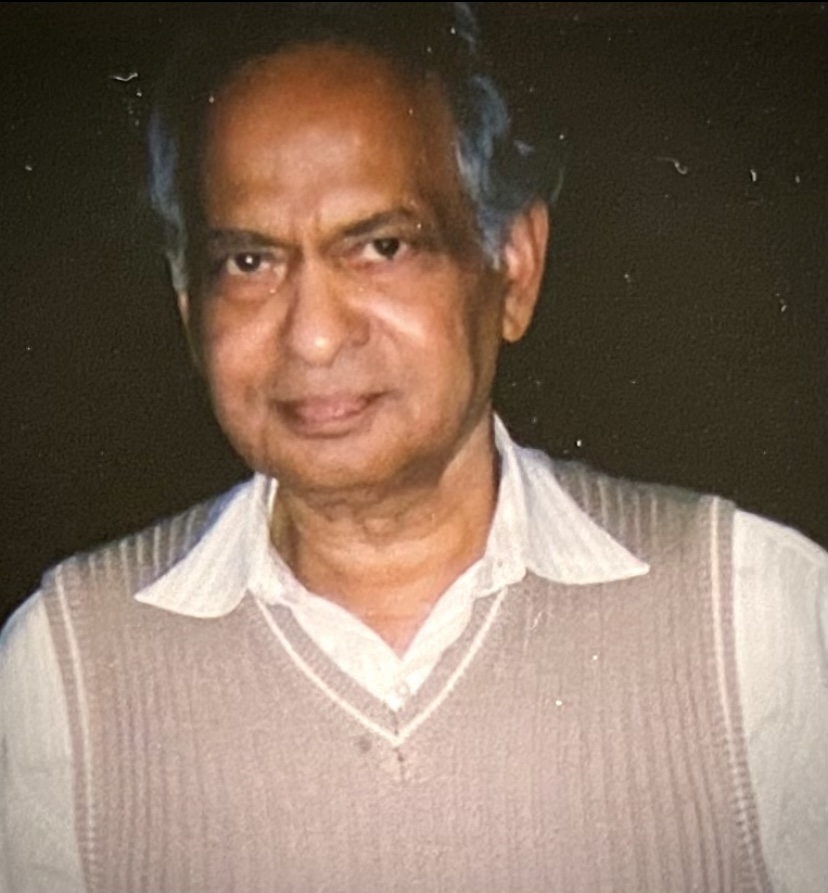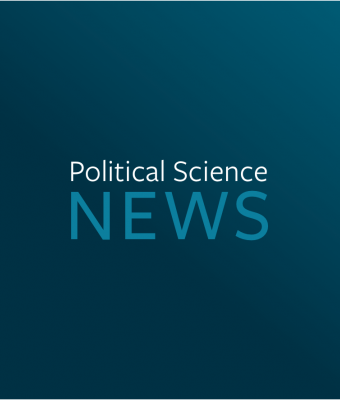

Workshop in Law, Philosophy & Political Theory
This course is a workshop for discussing work-in-progress in moral, political, and legal theory. The central aim is to enable students to engage directly with legal scholars, philosophers, and political theorists working on important normative questions. Another aim is to bring together scholars from different disciplines and perspectives, such as economics, history, sociology, and political science, who have normative interests.
The theme for the Fall 2022 workshop is "Structural Injustice".
The format of the course is as follows: for the sessions with guest presenters, a designated student commentator will lead off with a 15-minute comment on the paper. The presenter will have 5-10 minutes to respond and then we will open up the discussion to the group. The first part of the course will be open to non-enrolled students, faculty, and visitors who wish to participate in the workshop discussion. We’ll stop for a break at 2:00 and those not enrolled in the course will leave. Enrolled students will continue the discussion with the guest until 3:00.
This is a cross-listed/room-shared course with the Philosophy and Political Science Departments. Students may enroll through Law (Law 210.2), Philosophy (Philosophy 290-09), or Political Science (PS 211). The first class will be on Friday, August 26th - 12PM-3PM, and the final class meeting is November 18th .
This semester the workshop is co-taught by Veronique Munoz-Darde and Johann Frick.
August 26 - Introduction - no speaker
September 2 - Sally Haslanger, MIT
September 9 - Kate Manne, Cornell
September 16 - Alex Voorhoeve, LSE
September 23 - Renée Jorgensen, Michigan
September 30 - tbc
October 7 - Lucas Stanczyk, Harvard
October 14 - tbc
October 21 - Wendy Salkin, Stanford
October 28 - David Estlund, Brown
November 4 - Khiara Bridges, Berkeley
November 18 - Debra Satz, Stanford
Attendance at the first class is required.
Special Topics in Political Theory: Tragic and Anti-tragic Politics
In this class we will explore the relationship between ethics and politics through a close reading of the political philosophy of ancient Greece and Rome. The readings are drawn from a period when this problem was unsettled, giving rise to vivid and diverse answers. Our central question will be: What does it mean to be good when you cannot choose freely, when circumstance conspires to force a choice between bad options? But we will also consider questions including: Is it possible to act politically and be a good person? Or do we need to act politically in order to be good? Would it be possible to have a politics in which choices between bad options do not arise? Can we reduce the frequency of these choices or mitigate their harm? Or do we need to discover a way of thinking about ourselves that does not tie ourselves to external circumstances? The readings will not answer these questions, but they will help us deepen our understanding of their value and their complexity.
Instructor: Sam Stevens
Class number originally listed as PS116.
Pipeline Initiative in Political Science (PIPS)
Are you interested in, or even just curious about, earning a PhD in political science or a related
field? Great! Berkeley’s Political Science Department is thrilled to announce a new initiative to
help undergraduate students learn about pursuing a PhD in political science.
This initiative is designed to help students learn about what it means to earn a PhD in political
science and how to prepare for and apply to PhD programs. The goal is to build a community of
undergraduate scholars who will be connected with each other and with faculty and graduate
students at Berkeley. Students will learn about political science research, ways to prepare to be
a competitive PhD applicant, and receive support and advice on the application process.
The program is open to students who are in at least their second year of college studies. The
program is focused on helping students from historically minoritized or underrepresented
groups, including but not limited to, non-cis-gendered individuals, members of the queer
community, BIPOC (Black, Indigenous, and People of Color), Latinx, individuals who are
differently abled or who experience disability, first-generation college students, and those from
low-income / low-resource backgrounds.
Students who are selected for the program will participate in a series of workshops throughout
the semester, will be advised on pursuing research opportunities as an undergraduate, and will
have the opportunity to receive mentoring from graduate students and faculty. Students may
earn one credit unit for completing the program.
Please apply here: https://forms.gle/ehn3S2oxCrgynAeWA
Applications will be evaluated on a rolling basis. Applications received by April 15 will be prioritized for enrollment Phase 1. Applications received by July 15 evaluated for Phase 2.
Selected Topics in Methodology: Concepts, Measurement, and Data Collection
This seminar explores the methodology of concept formation, observation and measurement. Central topics include the relationship between concepts and theory, alternative approaches to understanding the meaning of concepts, the challenge of operationalizing concepts and alternative qualitative and quantitative perspectives on measurement. The course also will explore strategies for data collection and fieldwork, as they relate to concept formation and measurement.
Special Topics in Political Theory: The Politics of Social Solidarity
How are individuals forged (or not) into political communities? By whom? For what ends? How can these political projects face the reality of division, diversity, and difference? Is there even such a thing as a common interest? Is solidarity possible in a world constructed and striated by social powers of all kinds? To what extent can solidarity resist the individualization that characterizes contemporary political and economic life? How are contemporary social movements linked to a much longer political history and much wider theoretical tradition?
In this course, we will consider these questions through a variety of historical, theoretical, and methodological perspectives in the history of political thought and contemporary political theory. We will endeavor to understand these texts on their own terms, in their historical contexts, and their broader implications for contemporary political life. We will not settle these questions but deepen our understanding of the complex theoretical and political history of social solidarity.
Instructor: Brian Judge



